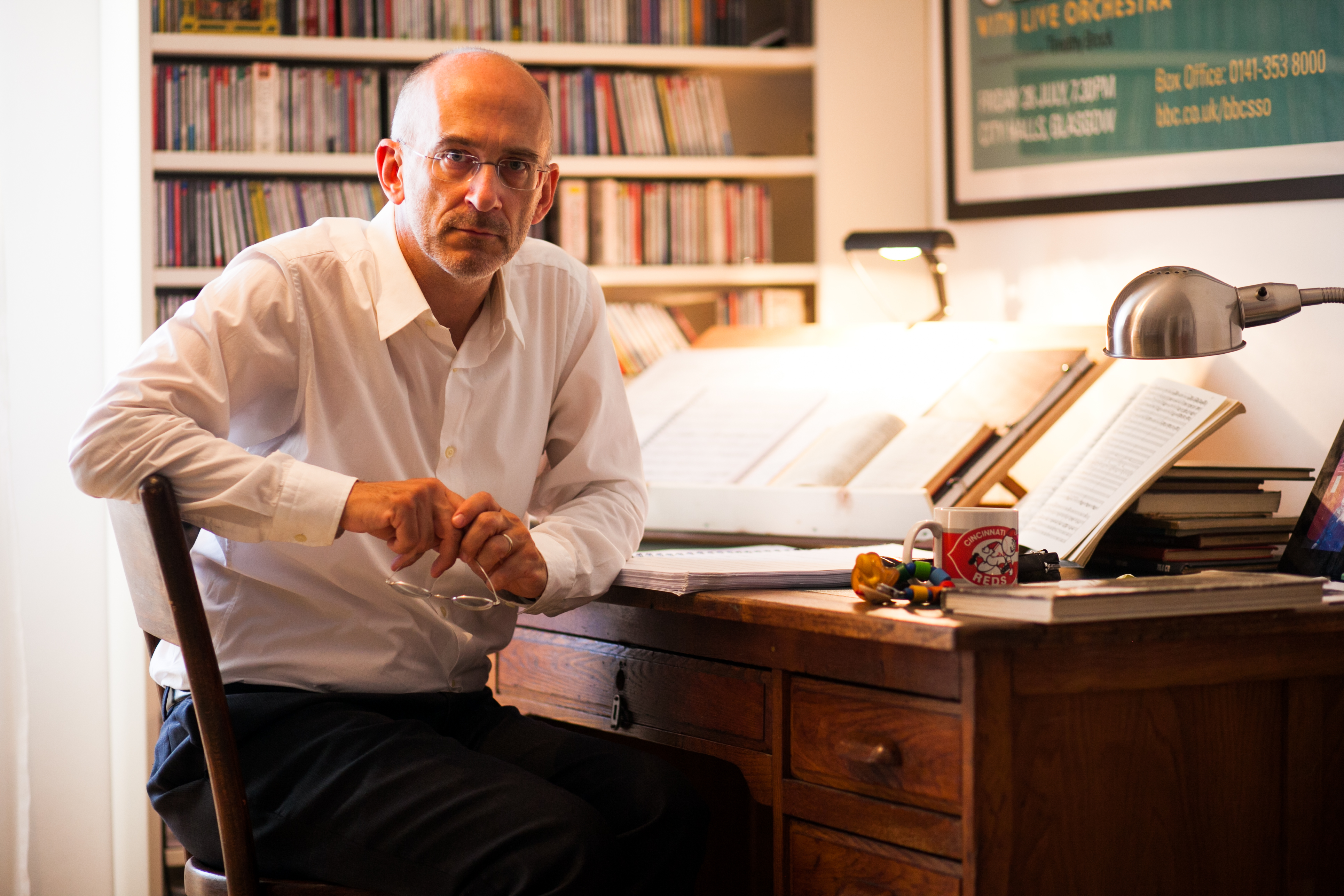Timothy Brock on:
[Wikipedia]
[Google]
[Amazon]
 Timothy Brock (born 1963) is an American conductor and
Timothy Brock (born 1963) is an American conductor and
Timothy Brock website
Timothy Brock Imdb
{{DEFAULTSORT:Brock, Timothy 1963 births American film score composers American male film score composers American male classical composers American classical composers Living people
 Timothy Brock (born 1963) is an American conductor and
Timothy Brock (born 1963) is an American conductor and composer
A composer is a person who writes music. The term is especially used to indicate composers of Western classical music, or those who are composers by occupation. Many composers are, or were, also skilled performers of music.
Etymology and def ...
specializing in concert works of the early 20th century, orchestral performance practices of the 1920s and 1930s, and live performances to accompany silent film
A silent film is a film without synchronized recorded sound (or more generally, no audible dialogue). Though silent films convey narrative and emotion visually, various plot elements (such as a setting or era) or key lines of dialogue may, w ...
.
Silent film scores
Brock has restored silent film scores for various films including Dmitri Shostakovich's only silent film score, '' The New Babylon (Новый Вавилон)'' (1929), Manilo Mazza's Italian epic, '' Cabiria'' (1913), Erik Satie's dadaist score, '' Entr'acte'' (1924)Mereghetti, Paolo, “I film rari e restaurati che seducono la piazza”, La Repubblica, June 6, 2008 and George Antheil's score to '' Ballet mécanique'' (1924). Other film-score restorations include Max Butting's ''Opus I'' (1920),Camille Saint-Saëns
Charles-Camille Saint-Saëns (, , 9October 183516 December 1921) was a French composer, organist, conductor and pianist of the Romantic music, Romantic era. His best-known works include Introduction and Rondo Capriccioso (1863), the Piano ...
' '' L'Assassinat du duc de Guise'' (1908) and Ildebrando Pizzetti's ''Sinfonia del fuoco'' (1914).
Charlie Chaplin scores
In 1998, theCharlie Chaplin
Sir Charles Spencer Chaplin (16 April 188925 December 1977) was an English comic actor, filmmaker, and composer who rose to fame in the era of silent film. He became a worldwide icon through his screen persona, the Tramp, and is considered o ...
estate commissioned Brock to restore the Chaplin-composed score to '' Modern Times''. Brock then restored 11 more Chaplin silent feature and short scores through 2012, including '' City Lights'' (1931), '' The Gold Rush'' (1924), and '' The Circus'' (1928). In 2004, Brock transcribed some 13 hours of unheard Chaplin compositions from a newly discovered acetate recording of Chaplin composing on the piano. This resulted in the creation of a new score for Chaplin's feature drama '' A Woman of Paris'' (1923), a work that Brock has conducted in concert a number of times, including at ''Cinema Ritrovato'' 2005 in Bologna, the Kino Babylon in Berlin in 2011, as well as a studio recording made with Orchestra Citta Aperta in Rome and London, with whom he has also conducted a complete recording of '' The Gold Rush'' in 2012.
Original scores
Brock has written 27 original scores for silent film, including '' Miss Europe'' (Orchestre National de Lyon), '' Steamboat Bill, Jr.'' (Berner Symphonie-Orchester), ''Sunrise
Sunrise (or sunup) is the moment when the upper rim of the Sun appears on the horizon in the morning, at the start of the Sun path. The term can also refer to the entire process of the solar disk crossing the horizon.
Terminology
Although the S ...
'' (20th Century Fox), ''The Cameraman
''The Cameraman'' is a 1928 American silent film, silent Romantic comedy, romantic comedy film directed by Edward Sedgwick and an uncredited Buster Keaton. The picture stars Keaton and Marceline Day.
It was Keaton's first film under contract to ...
'' (Los Angeles Chamber Orchestra), '' Burlesque on Carmen'' (Teatro Zarzuela, Madrid) and '' The Cabinet of Dr. Caligari'' (Brussels Philharmonic/BMG). Brock's long-standing relationship with the world-leading film-preservation institution, the Cineteca di Bologna, has resulted in 7 scores. Among them are ''Nosferatu
''Nosferatu: A Symphony of Horror'' () is a 1922 silent film, silent German Expressionism (cinema), German Expressionist vampire film directed by F. W. Murnau from a screenplay by Henrik Galeen. It stars Max Schreck as Count Orlok, a vampire who ...
'' (1922), '' Lady Windermere's Fan'' (1925), '' 3 Bad Men'' (1926) and '' Feu Mathias Pascal'' (1926).Kehr, Dave, “New Identity, Same Old History” New York Times, February 15, 2013
Concert works
Brock's concert works include three symphonies, three concertos, a cantata, two operas, and a number of individual orchestral pieces. In 1995 he received a composer fellowship from the Artist Trust Foundation, during which he composed his first opera ''Billy'' (1995, libretto by Bryan Willis), the ''Divertimento: Five Picture-Postcards for Orchestra'', and his second opera, ''Mudhoney'' (1998, adaptation of the original Friday Locke screenplay by the composer and Bryan Willis). In 1999, he was commissioned to compose an orchestral song cycle for soprano Cyndia Sieden: ''The Funeral of Youth'', four orchestral settings to four poems of the English poet Rupert Brooke.References
* Bloom, David. "Org orchestrates silent fete for Chaplin" ''Variety'' June 9–15, 2003, p. 59. * King, Susan. "The score? Live music and lots of belly laughs" ''Los Angeles Times'' May 28, 2007, p. E8. * Maland, Charles J. ''City Lights'' (London: British Film Institute, 2007), p. 128. * Simels, Steve. "The Cabinet of Doctor Caligari" '' Entertainment Weekly'' no. 329 (May 31, 1996) p. 69. * Tommasini, Anthony. "The Tramp Returns, with Exuberant backing by the Philharmonic" ''New York Times'' Sept. 21, 2014External links
Timothy Brock website
Timothy Brock Imdb
{{DEFAULTSORT:Brock, Timothy 1963 births American film score composers American male film score composers American male classical composers American classical composers Living people